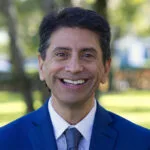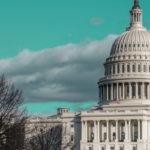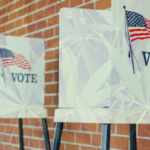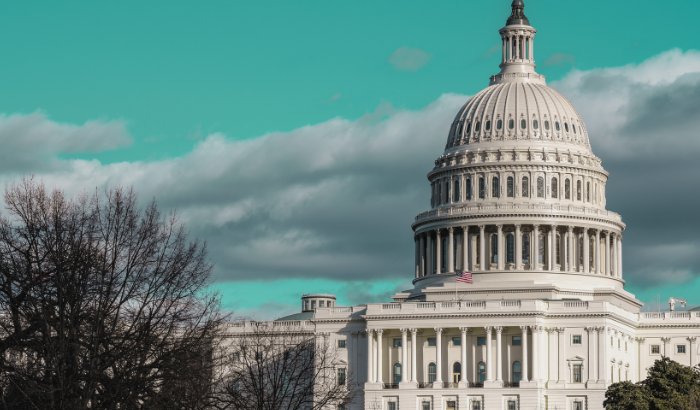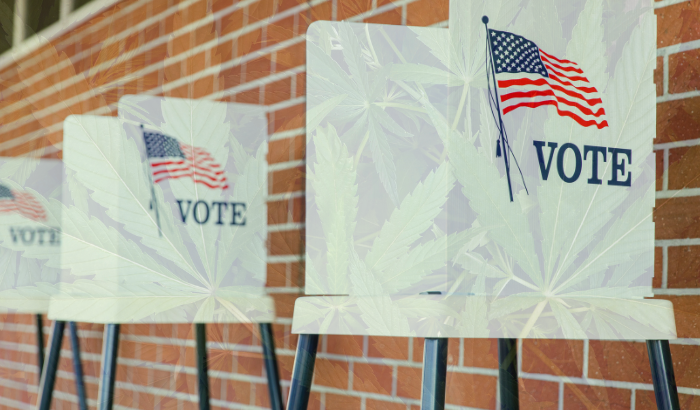
“I’ve heard that talking point [by critics] long before DeSantis even chose to inject himself into the whole Amendment 3 and hemp industry battle.”
Ron DeSantis has made it clear that he opposes Amendment 3, the proposed constitutional amendment on the ballot this fall in Florida to legalize recreational use of cannabis for adults 21 and older.
But a member of his staff offered a novel argument to oppose the measure on social media on Tuesday: that the measure does not allow for “home grow,” or the ability for individuals to grow their own supply of marijuana.
“So here’s the thing: Amendment 3 would create a monopoly on recreational,” Christina Pushaw wrote on X. “It also doesn’t allow home growing. Why is it that other states that have passed recreational marijuana also allow individuals to home grow, but Florida’s Amendment 3 specifically does NOT? It’s not about ‘freedom,’ it’s corporate greed.”
Of the 24 states that have legalized the adult-use marijuana market, only three maintain criminal prohibitions on home cultivation, according to the National Organization for the Reform of Marijuana Laws (NORML). A number of cannabis activists have called for allowing home grow ever since medical marijuana was approved by voters in Florida in 2016, and some have complained that Amendment 3 wouldn’t allow that.
The Libertarian Party of Florida endorsed Amendment 3 last month, but in a statement said that while it “is a commendable advance, it does not go far enough.”
“We must continue to advocate for the right to homegrown cannabis, allowing Floridians to cultivate their own plants for personal use,” said Matthew Johnson, the party’s vice chair and communications committee chair.
Kim Rivers, CEO of Trulieve, the biggest marijuana company in Florida, which has spent more than $60 million to try to get Amendment 3 passed, responded to Pushaw on X by saying, “Great news — it looks like @GovRonDeSantis supports home grow in Florida per his spokesperson!”
Rivers went on to say that particular provision could not be included due to a Florida Constitution provision permitting only a single subject to be mentioned in the text of the amendment — a fact she said DeSantis and his team are aware of.
“[T]his is absolutely something we can support via implementation in the legislature and with the Governors support we can get it done!” she added.
When other individuals chimed in and criticized Trulieve for allegedly opposing legalization of home-grown cannabis in Florida because it would hurt the company’s own bottom line, Rivers insisted that wasn’t the case.
“We have supported home grow in every market we do business is,” she wrote on X. “We sell clones in those markets that allow it. In Florida we have carried petitions and contributed to home grow amendments. We see it as a market expansion not a challenge!”
The single-subject rule
This is what Article XI, Section 3 of the Florida Constitution says regarding the single-subject rule:
“The power to propose the revision or amendment of any portion or portions of this constitution by initiative is reserved to the people, provided that, any such revision or amendment, except for those limiting the power of government to raise revenue, shall embrace but one subject and matter directly connected therewith.”
“It seems to me that the DeSantis administration is really reaching deep in their playbook and coming up short,” said Chris Cano, executive director of the Suncoast Chapter of NORML. “I’ve heard that talking point [by critics] long before DeSantis even chose to inject himself into the whole Amendment 3 and hemp industry battle.”
Cano referred to the fact that hemp companies, grateful for DeSantis’ veto of a bill that would have influenced their industry, have begun contributing financially to efforts to bring down Amendment 3.
“For those in the hemp industry against Amendment 3, that has been a frequent talking point,” he said, adding, “It’s an ignorant one because of Florida’s single-subject rule makes amendments what they are. It’s just a red herring we’ve heard since the amendment qualified via the Florida Supreme Court.”
In 2018, Tampa adult club entrepreneur Joe Redner filed a lawsuit in state court arguing he should be able to grow marijuana to obtain a sufficient quality of specific cannabinoids that he needed to treat his diagnosis of stage 4 lung cancer, according to court documents.
A Leon County circuit judge ruled that he should be able to do so, but the Florida Department of Health appealed to the First District Court of Appeal, which blocked the circuit judge’s ruling from taking effect. The Florida Supreme Court declined to take the case up in November 2019.
Morgan Hill, a spokesperson for Smart & Safe, the political committee advocating for the passage of Amendment 3, said she has heard questions not only about home grown from individuals curious about why it wasn’t included in the ballot language, but also for the retroactive decriminalization of possession of cannabis.
“It’s because the Florida requirements are different than they are in other states for ballot measures,” she said. “Our position has been the same from the beginning. You should ask the governor’s team and Christina what she thinks.”
Money fight
Keep Florida Clean, a political committee formed to oppose Amendment 3, has raised more than $12 million to date, with most of that coming from Miami hedge fund billionaire Ken Griffin. Gov. DeSantis’ Florida Freedom Fund PAC as well as the Republican Party of Florida are also raising money to oppose the measure.
Amendment 3 needs 60% support from the voting public to become the law. While several polls have shown the measure drawing beyond that threshold, a Florida Atlantic University survey published last week showed it getting 56%, a majority but not the margin needed for victory.
Pushaw previously worked as a spokesperson for the governor’s office. After leaving to work on his presidential campaign last year, she now is listed in state records as a senior management analyst in the executive office of the governor.
The Phoenix reached out to the governor’s press office for comment but did not receive an immediate response.
This article was republished from the Florida Phoenix under Creative Commons license CC BY-NC-ND 4.0. You can read the original version here.



